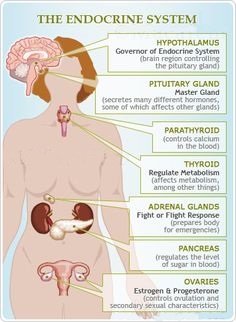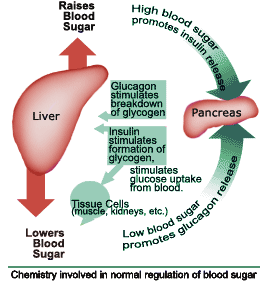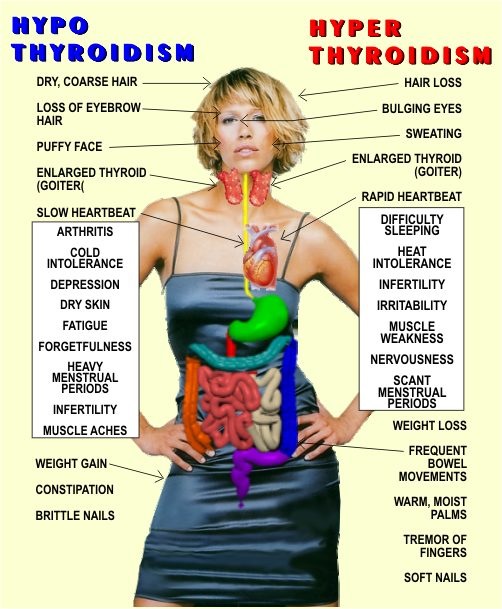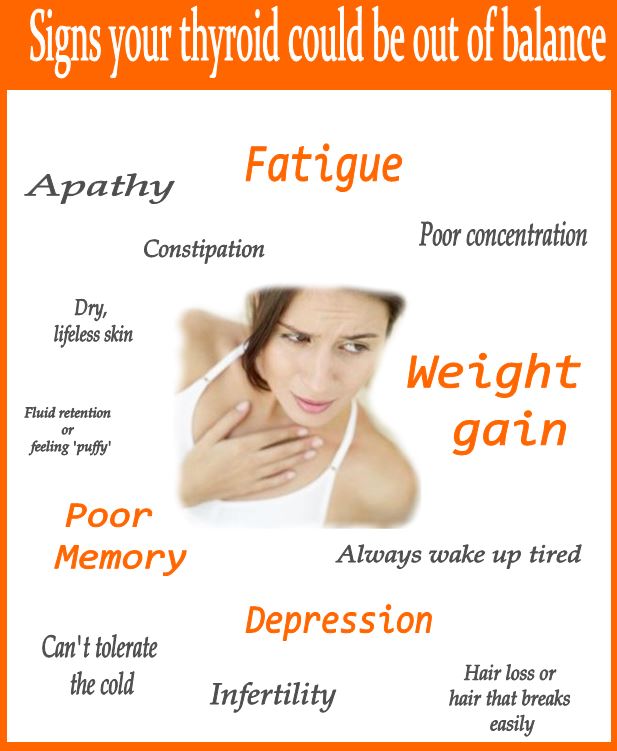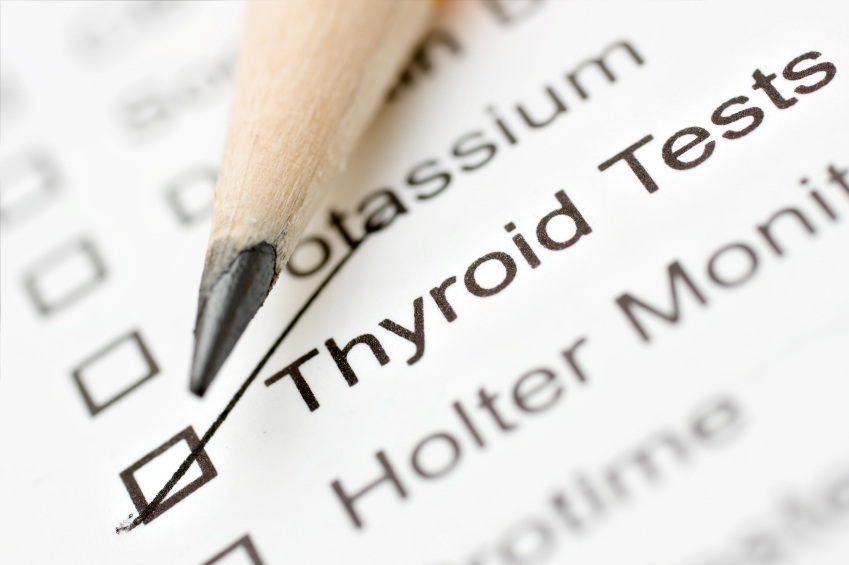
Understanding Differences Between Fat vs Bloating
How to lose weight for women…
We’ll look at finding solutions.
Are you struggling with a protruding abdomen?
Are you wondering if it’s belly fat or bloating?
Many people find themselves confused between the two.
In this comprehensive guide…
We’ll explore the differences between belly fat vs bloating.
Delve into the causes behind each.
And provide actionable tips to address both.
Let’s get started…
What is Belly Fat?
Belly fat is a concern for many people striving for gut health.
And healthy lifestyle with a trimmer waistline.
Understanding belly fat is key to effectively addressing it.
Belly fat is known as visceral fat…

The fat accumulates around abdominal organs.
It is considered a deeper body fat.
And more dangerous type of fat than subcutaneous fat.
This type of fat lies beneath the skin.
Visceral fat has been linked to various health risks
- Heart disease
- High blood pressure
- Diabetes
- Cancer
What Causes Belly Fat?
Body composition and abdominal health contribute to belly fat.
It’s essential to understand causes to effectively combat stubborn fat.
One of the primary culprits behind belly fat is a poor diet…
Foods high in refined carbohydrates, added sugars, unhealthy fats.
Including a sedentary lifestyle, lack of exercise.
And hormonal changes during menopause.
Each can contribute to the development of excess belly fat.
How Can We Reduce Belly Fat?
Combating belly fat requires a comprehensive approach.
This includes lifestyle modifications and healthy habits.
Here are weight management strategies to help reduce belly fat:
Adopt a Balanced Diet
Focus on eating whole foods.
These are nutrient-dense foods.
Limit processed and high-sugar foods.
Include lean proteins, fruits, vegetables, whole grains.
And healthy fats in your meals.
Engage in Regular Physical Activity
Use a combination of aerobic exercises, brisk walking or cycling.
And strength training exercises to help burn calories.
This is really good to build muscle, and boost metabolism.
Manage Stress Levels
High stress levels can contribute to belly fat.
Practice stress-management techniques, meditation, yoga.
Deep breathing exercises reduce stress.
And promote health with better well-being.
Get Sufficient Sleep

Lack of sleep is known for weight gain and increased belly fat.
Aim for 7-8 hours of quality sleep each night.
Quality sleep supports healthy weight management.
Stay Hydrated
Drinking adequate amount of water can help metabolism.
And digestion with overall well-being.
Aim to drink at least 8 cups of water per day.
What is Bloating?
Bloating is a commonly characterised by a feeling of fullness.
And tightness in the abdomen.
It’s often caused by excess gas production.
Also imbalance or disturbances in digestive system.
What Causes Bloating?

Bloating can have various causes…
Gas and Digestive Issues
Excessive gas production caused by certain foods, can result to bloating.
Common culprits include…
- Beans
- Lentils
- Cabbage
- Onions
- Sugary carbonated beverages
Poor Digestive Health
Imbalances in gut bacteria and slow digestion.
There are conditions like irritable bowel syndrome (IBS) can contribute to bloating.
Food Intolerance
Some people may experience bloating because of food intolerance.
These foods can be specific to lactose or gluten intolerance.
How Can You Reduce Bloating?
Bloating involves identifying underlying causes…
And making targeted healthy lifestyle changes.
Here are some strategies to help reduce bloating…

Identify Trigger Foods
Keep a food diary to identify foods that may cause bloating and discomfort.
Consider eliminating or reducing intake of known triggers.
Eat Mindfully
Slow down while eating, chew thoroughly, and avoid gulping air.
Eating smaller, more frequent meals can also help stop bloating.
Stay Active
Regular physical activity can help stimulate digestion to stop bloating.
Include basic light exercises or activities like walking after meals.
Manage Stress
Stress is a big one and can aggravate digestive issues and bloating.
Take advantage of stress-management techniques.
Daily 5-10 minute walks, exercise, meditation, hobbies.
Bloating and Gas
Gas and bloating can occur from swallowing air.
This can create a feeling of pain in the stomach…
It can occur when the body does not break down certain types of carbohydrate in intestines.
What your body doesn’t digest, gut bacteria will.
The by-product is gas.
The reasons why gas and bloating are more common are not fully understood.
But it has been shown less of the food you eat is broken down.
And absorbed leaving more for your gut bacteria.
Certain foods, ways of eating and drinking tend to cause more gas.
Changing your diet and eating behaviors may help.
Try the following tips…

Avoid sugar alcohols and fructose
Sugar alcohols, sorbitol, maltitol, xylitol, and other ingredients ending in “ol.”
These are altered sugars used in some sugar-free products and protein bars.
They’re used because of delayed impact on blood glucose for people with altered glucose metabolism.
However, they are metabolized by gut bacteria and can cause gas.
They also can cause diarrhea.
Foods high in fructose (such as large amounts of fruits) can also cause gas.
Lactose intolerant
Lactose is a sugar naturally found in milk and in other dairy products.
It may be found in protein supplements.
And can be used as an additive in processed foods.
Symptoms of lactose intolerance include gas and bloating.
If you are lactose intolerant, switch to lactose-free milk.
Try a lactose enzyme, or choose soy, almond, rice, or coconut milk.
Use probiotics
Probiotics help to maintain healthy bacteria.
And natural digestive process in our intestinal tract.
Avoid swallowing too much air
People can swallow air by…
- Drinking from a straw or bottle
- Chewing gum or sucking on mints or candies
- Drinking carbonated beverages, soda, sparkling water
- Gulping
- Eating or drinking too fast
- Eating quickly, gulping food or beverages
- Swallowing excessively
Limit fat intake
Fat is not always well absorbed and should be limited.
Use products to reduce or treat gas-related symptoms.
Examples include:
Beano, natural enzyme can reduce gas after eating gas producing foods.
Like cabbage, beans, foods that cause you to bloat and feel gassy.
The recommended dose is 1 tablet per ½ cup of gassy food.
Take with your first bite…
Simethicone products, such as Gas-X strips.
Devrom, internal deodorant used to reduce unpleasant odor of flatus.
Limit soluble fiber
Soluble fiber is fermented by bacteria in the gut.
Types of soluble fiber include oats, oat bran, soluble fiber supplements.
Barley, beans and dried peas.
These types of fiber can lower cholesterol levels.
And provide other beneficial health effects.
But, if gas is problematic and unresolved by other means…
Limit soluble fiber may be an option to explore.
Avoid foods that may cause gas
Examples include…
- Vegetables
- Beets
- Broccoli
- Brussel sprouts
- Cabbage
- Cauliflower
- Corn
- Cucumbers
- Greens (kale, turnip or beet greens), green peppers
- Leeks
- Lettuce
- Mushrooms
- Onions
- Parsley
- Tomatoes
- High-fiber cereals and grains (increase gradually)
- Beans (pinto beans, black beans, black-eyed peas, kidney beans, garbanzo beans, lima beans, fava beans, lentils, soybeans)
- Peanuts and peanut butter
- Soy milk
- Soy protein isolate (ingredient in protein bars and other high-protein supplements)
Conclusion
Understanding the differences between belly fat vs bloating…
It is crucial for effective weight management and weight loss.
While belly fat is a result of excess visceral fat accumulation…
Bloating is often caused by gas, digestive issues, food intolerance.
Healthy diet, daily physical activity, manage stress levels…
Address trigger foods so you can reduce belly fat and bloating.
There’s a huge list of trigger foods for belly fat and bloating.
Here are some culprits that may cause issues…
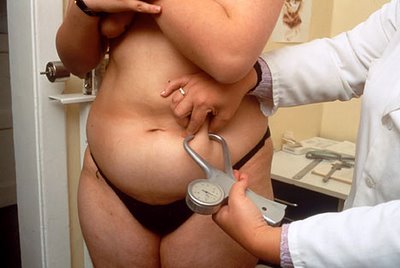
Carbonated beverages
The bubbles in carbonated drinks can result in gas and bloating.
Choose water or herbal tea instead.
Cruciferous vegetables
Vegetables, broccoli, cauliflower, cabbage contain complex sugars.
These complex sugars can cause painful gas and bloating.
Cook thoroughly or try digestive-friendly alternatives like spinach or zucchini.
Legumes
Beans, lentils, and chickpeas are high in fiber.
And carbohydrates can produce gas.
Soak overnight before cooking.
And gradually increase your intake can help improve digestion.
Fatty and fried foods
High-fat foods take longer to digest.
The result can cause bloating.
Limit eating fried foods, fatty cuts of meat, and processed snacks.
Dairy products
Lactose intolerance can cause bloating and discomfort.
If you’re sensitive to lactose, consider trying lactose-free dairy products.
There are non-dairy alternatives like almond or oat milk.
Artificial sweeteners
Sugar substitutes like sorbitol, xylitol, and mannitol can be difficult to digest.
Sugar substitutes can cause excessive bloating and gas.
Check food labels for additives…
And consider natural sweeteners like stevia or maple syrup instead.
Wheat and gluten
Some people may experience bloating and digestive because of gluten intolerance.
Sensitivity may also be a cause, consider gluten-free alternatives.
Quinoa, rice, or gluten-free oats.
Onions and garlic
These flavourful ingredients can cause bloating and gas in some people.
Especially when eaten in large amounts.
Experiment with cooking techniques.
Use milder alternatives like herbs and spices.
It’s important to know everyone’s digestive system is unique.
And trigger foods can vary…
Keep food diary to record how our body reacts to different foods.
This can help you identify your personal triggers.
And make dietary adjustments accordingly…
If you have food intolerance, persistent bloating or digestive issues.
Remember, its all about choices to support healthier digestion.
Also its important to consult with healthcare professional.
You can discuss personal issues for your specific situation and proper evaluation.
 Can you lose weight eating anything you want? Yes, it is absolutely possible to lose weight and eat whatever you want.
Can you lose weight eating anything you want? Yes, it is absolutely possible to lose weight and eat whatever you want.



